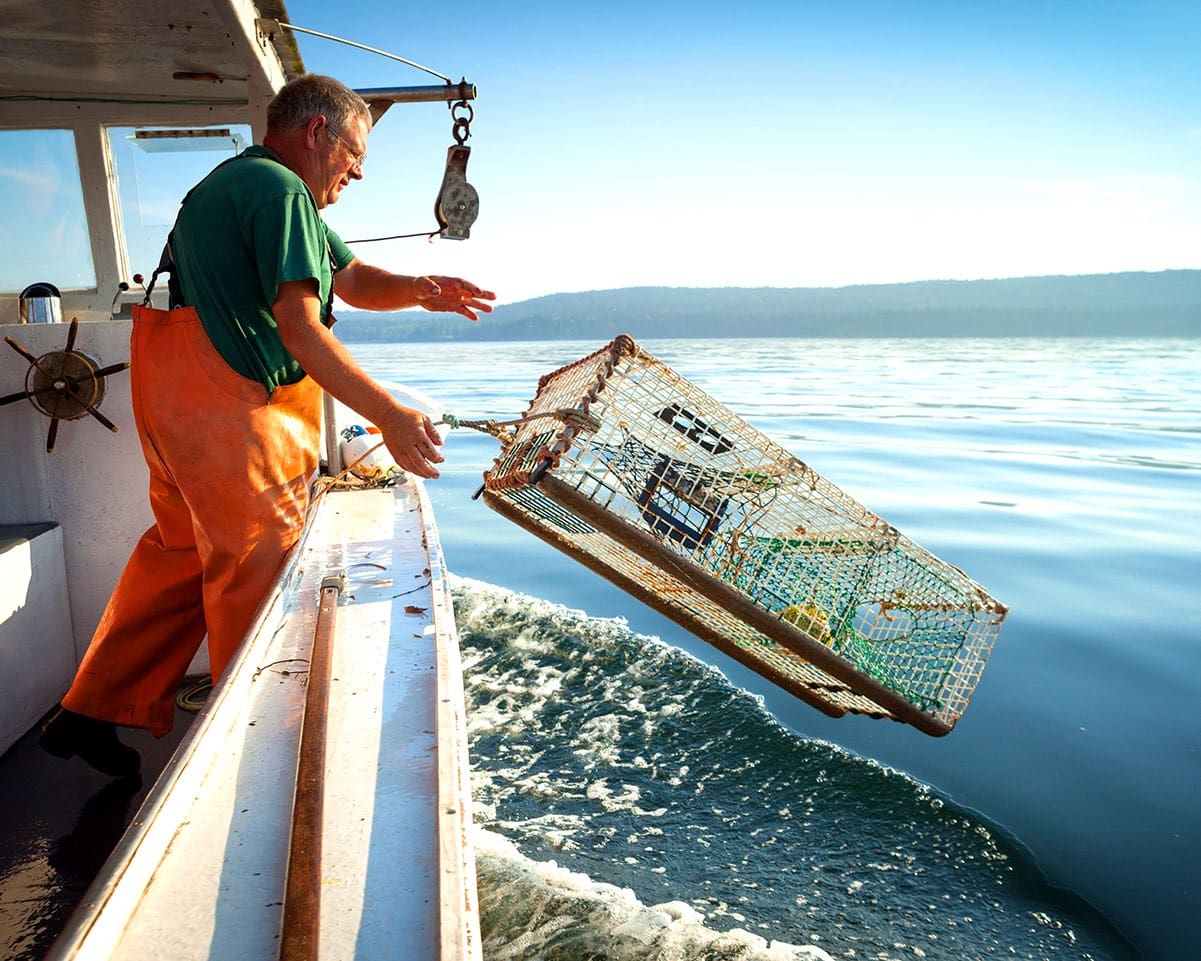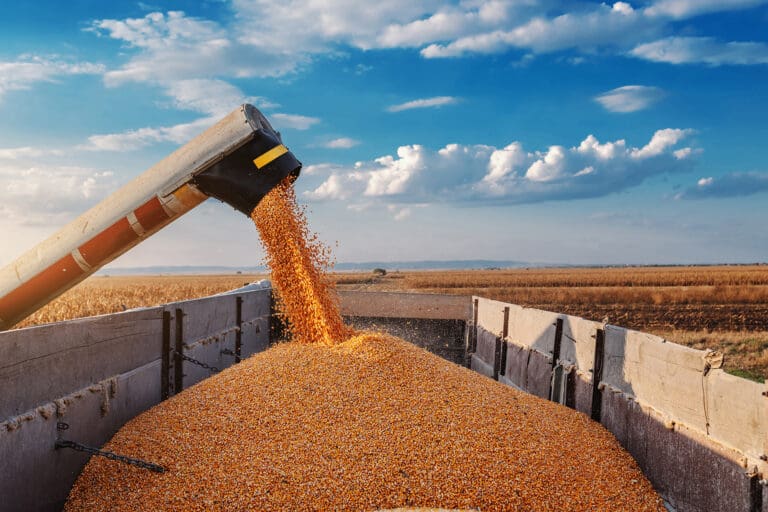By: Ryan Doyle
The global seafood industry is a complex and dynamic space where prices shift rapidly due to many factors, from seasonal supply variations to international trade policies and environmental changes. For stakeholders operating in this volatile environment, timely and accurate data is crucial for making informed business decisions. This is where Expana steps in as a leader in seafood market intelligence, providing critical insights and transparent pricing assessments that empower businesses worldwide.
Expana was the first to bring structured price benchmarks to the seafood industry, establishing itself as the go-to source for reliable data and market guidance. By unveiling comprehensive information on seafood pricing trends, supply chain dynamics, and market disruptors, Expana has become indispensable for businesses that navigate the seafood landscape with agility and precision. Here, we’ll dive into how Expana’s offerings revolutionize how industry players approach pricing, strategize operations, and maintain competitive advantages.
Expana’s role in seafood market transparency and price discovery
In the seafood industry, price discovery is a challenging but essential process. Price volatility often occurs due to fluctuations in supply and demand, seasonal harvests, environmental policies, and unforeseen global events. Expana addresses these challenges by applying a rigorous price discovery process, which lends much-needed transparency to market participants. The proprietary price benchmarks developed by Expana are trusted by global players for their accuracy and depth, providing an anchor for commercial decisions across the supply chain.
As the industry’s first and leading provider of seafood pricing benchmarks, Expana has earned a reputation for its robust data quality and relevance. This commitment to transparency is particularly valuable in an industry where unpredictable pricing can pose significant risks. Through Expana’s data-driven insights, seafood businesses can reduce uncertainty, manage risk more effectively, and create stronger business strategies grounded in reliable market information. We are the leaders in providing global seafood insights. Read on to discover how our platform provides invaluable insights across top seafood categories—from salmon and crab to scallops and shrimp—empowering strategic decision-making at every level.
U.S. fresh salmon market shifts: Chilean imports down, Norwegian demand up
Through September 2024, the U.S. fresh salmon fillet market reveals shifting dynamics, with Chilean fresh salmon imports down by 12.3% year-to-date and the overall category decreasing by 8.4%. In contrast, Norwegian fresh fillet imports are up by 12.1%, and Dutch fillets, which are processed from Norwegian salmon, have risen by 13.1%. Together, Norwegian and Dutch salmon now capture a 21% market share (69.7 million pounds) compared to Chile’s leading 71% share (237.5 million pounds). Monthly import patterns remain seasonally consistent but are 3.1% below the three-year average. Retail demand has been relatively resilient for fresh salmon, with buying down slightly from 2023 by less than 1%, and prices dropping by 1.1% compared to last year. Currently, Chilean salmon supplies are reported to be adequate but tight, with stable market conditions following a recent holiday.
Maryland lawmakers urge Biden to investigate Venezuelan crabmeat imports
Maryland lawmakers have urged President Biden to investigate Venezuelan crabmeat imports, which they say are threatening Chesapeake Bay’s seafood industry. Highlighting contamination concerns and a sharp decline in local supply, they cited a 2018 outbreak linked to mislabeled imports and noted that Maryland’s seafood economy is shrinking, with only 20 local crab-picking companies left, down from 53 in 1995. The delegation requested a formal investigation by the International Trade Commission and additional trade actions to protect domestic producers. Conservation group Oceana emphasized the issue, reporting a 3-million-pound surge in Venezuelan crab imports from 2020 to 2022.
NEFMC prepares 2025 scallop plan amid low biomass concerns
The New England Fishery Management Council (NEFMC) is setting new guidelines for the 2025 scallop season with Framework Adjustment 39, responding to low scallop biomass observed in the 2024 survey. While biomass remains below 2016-2019 levels, new recruitment in areas like Nantucket Lightship South and the Mid-Atlantic offers hope for recovery. Framework 39 aims to protect juvenile scallops, adjust area closures to reduce bycatch, and refine rules for Northern Gulf of Maine permit holders. NEFMC’s Scallop Plan Development Team is preparing alternatives, with final decisions expected in December following input from the Scientific and Statistical Committee.
U.S. lowers duty rates on shrimp imports from Ecuador, India, Indonesia & Vietnam
The U.S. Department of Commerce has finalized antidumping (AD) and countervailing duty (CVD) rates on shrimp imports from Ecuador, Indonesia, India, and Vietnam, reducing many rates from earlier estimates. Ecuadorian and Indonesian companies saw notable rate cuts, while Indian exporters now face CVD rates from 5.63% to 5.87%. In Vietnam, rates range from 2.84% for some firms to a significant 221.82% for Thong Thuan Company Limited. The American Shrimp Processors Association, which petitioned for relief, aims to counter what it views as unfairly subsidized imports. The International Trade Commission’s final decision is due on December 5.
Futureproofing the seafood industry with data
As the seafood industry continues to evolve, data-driven insights will play an increasingly important role in driving sustainable growth. Expana’s services not only empower businesses to succeed in the present but also provide the foundation for future resilience. By continuously refining its data offerings and expanding its market coverage, Expana ensures that its clients are always equipped with the information they need to adapt to changing conditions.
Expana’s comprehensive seafood intelligence encourages companies to adopt long-term strategic thinking, considering factors like environmental impacts, regulatory trends, and global trade shifts. This forward-looking approach helps businesses stay ahead of the curve and supports the industry in embracing more sustainable, transparent practices.
In an industry as multifaceted as seafood, reliable intelligence and transparent pricing are invaluable assets. Expana stands as a trusted partner for businesses navigating the challenges of this global market. Through its proprietary pricing, in-depth market insights, and unparalleled industry coverage, Expana enables seafood companies to make smarter decisions, mitigate risk, and operate more efficiently. As the leader in seafood market intelligence, Expana remains dedicated to supporting its clients with the insights they need to thrive today and tomorrow.
For anyone involved in the seafood supply chain—from producers to distributors to retailers—Expana offers the data, analysis, and guidance needed to succeed in a competitive and ever-evolving industry.
For further insights, please watch our most recent seafood webinar replay.



